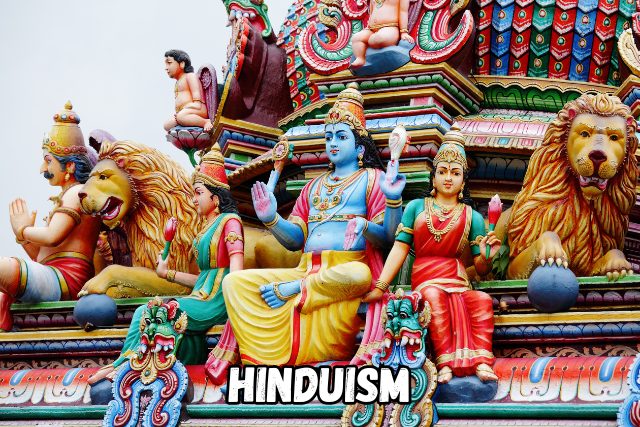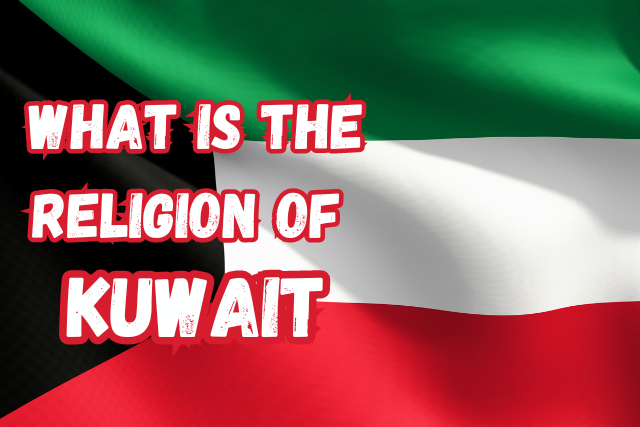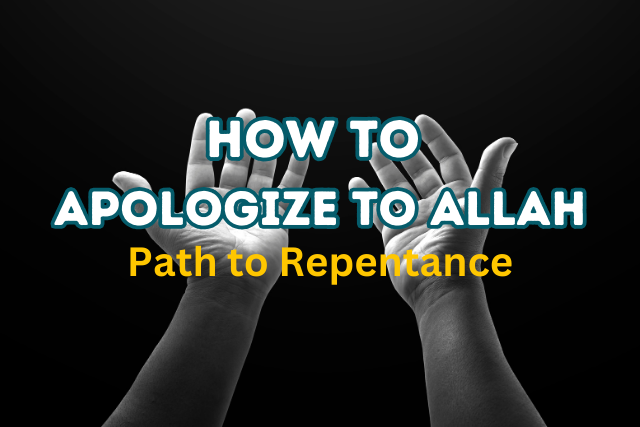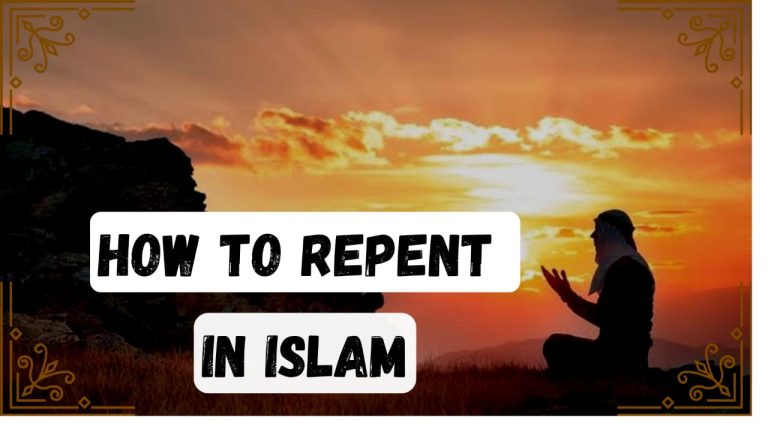What is the Religion of Bali | Beyond the Beaches

Explore the enchanting island of Bali, where the spiritual essence is woven into the very fabric of daily life. In this exploration, I will explain the rich religious landscape that defines Bali’s cultural heartbeat. The religious identity of Bali is a fascinating weave of Hindu traditions, ancient customs, and a harmonious coexistence with nature.
Bali is renowned for its unique form of Hinduism, a blend of ancient Balinese traditions and influences from India. Balinese Hinduism, unlike its Indian counterpart, is infused with a deep reverence for nature and ancestral spirits. Through this lens, I’ll unravel the layers of ceremonies, festivals, and daily rituals that shape the island’s religious practices.
Let’s uncover the religious wonders that make this island a unique and captivating destination.
Hinduism | What is the Religion of Bali

Bali is predominantly Hindu, and Balinese Hinduism is a distinctive form of religion compared to its Indian counterpart. The island’s temples, rituals, and ceremonies are integral to daily life.
Cultural Significance
Hinduism’s influence is vividly reflected in Bali’s arts and culture. Dance, music, and visual arts often depict Hindu epics like the Ramayana and Mahabharata.
Ceremonies play a pivotal role in Balinese Hinduism. Such as Galungan and Nyepi being elaborate affairs involving processions, rituals, and communal activities.
Sacred Temples
Bali is adorned with countless temples, both small and grandiose. Pura Besakih, known as the Mother Temple, is the largest and holiest, situated on the majestic slopes of Mount Agung.
Temples serve as spiritual sanctuaries and pilgrimage sites, drawing devotees and tourists alike. Each has its unique history and significance.
Rituals and Offerings
One of the most visible aspects of Balinese Hinduism is the daily offering known as Canang Sari. These small, handmade baskets are filled with flowers, rice, and incense, symbolizing gratitude to the deities.
Traditional Balinese dances, like the Barong and Kris Dance, often depict battles between good and evil, reflecting Hindu mythology.
Balinese Values and Hinduism
The islanders adhere to philosophies such as Tri Hita Karana, emphasizing harmony with God, nature, and fellow humans.
Despite its Hindu majority, Bali embraces religious diversity, fostering a spirit of tolerance and coexistence.
Indigenous Balinese Beliefs

In addition to Hinduism, Bali preserves its indigenous animist beliefs. The Balinese people have a deep connection with the spirits of nature. Ceremonies are held to honor and appease these unseen forces.
Balinese indigenous beliefs are rooted in a tripartite cosmology. Mountains symbolize gods, lakes represent humans, and the sea embodies spirits. This interconnected worldview forms the basis of their spiritual understanding.
Moreover, natural features such as mountains, rivers, and ancient trees are believed to house ancestral spirits. Pilgrimages to these sites are common, with rituals performed to honor and communicate with the spirits.
Subak System
The Subak system is an ancient communal irrigation system. It’s not just about agriculture but is imbued with spiritual significance. Rituals associated with rice cultivation express gratitude to Dewi Sri, the goddess of rice and fertility.
Many indigenous rituals are integrated into the temple ceremonies. It reflects a seamless blend of Hinduism and local beliefs. Each village has its temples, often located near natural features considered sacred.
Barong Dance and Protective Spirits
The Barong, a mythical lion-like creature, is central to Balinese indigenous performances. The Barong Dance portrays the eternal battle between Barong and Rangda. It symbolizes the cosmic struggle between good and evil.
Banjar is a community organization, that plays a crucial role in upholding indigenous beliefs. Each Banjar has its protective spirit, and ceremonies are held to maintain harmony and seek protection.
Day of Silence | Nyepi
Nyepi, the Balinese New Year, is observed with a day of silence. The preceding day involves purification rituals, including Ogoh-Ogoh parades to ward off evil spirits.
Nyepi emphasizes introspection and spiritual cleansing. Embracing the indigenous belief in the sacredness of nature and the importance of maintaining balance.
Religious Freedom

Bali upholds the principles of religious freedom. Allowing individuals to practice their faith without discrimination. This inclusivity is reflected in the island’s acceptance of various religious beliefs and practices.
While rooted in specific religious traditions, Bali’s festivals often emphasize universal values such as harmony, gratitude, and community. These shared values contribute to the sense of unity among diverse religious communities.
Bottom Line
Bali’s religious diversity is characterized by the harmonious coexistence of Hinduism and indigenous beliefs. Both define the cultural identity of Bali. The island’s commitment to religious freedom fosters an environment of mutual respect and unity. Bali stands as a testament to the peaceful integration of different religious traditions. It also contributes to the island’s allure and cultural richness.
FAQs
Is Bali predominantly Hindu?
Yes, Hinduism is the predominant religion in Bali.
Are there indigenous Balinese beliefs?
Yes, Bali maintains indigenous animist beliefs, showcasing a harmonious blend with Hinduism.
How does religion impact Balinese culture?
Religion profoundly influences Balinese art, dance, music, and architecture, shaping the island’s vibrant cultural expressions.
Is there religious freedom in Bali?
Yes, Bali upholds the principles of religious freedom, allowing individuals to practice their faith without discrimination.






